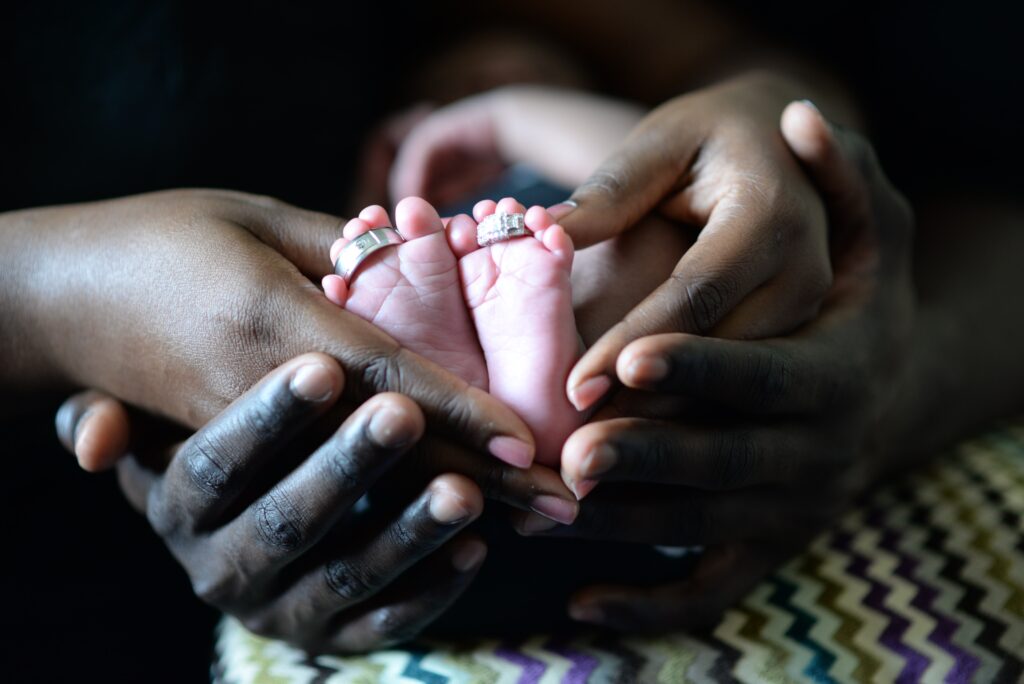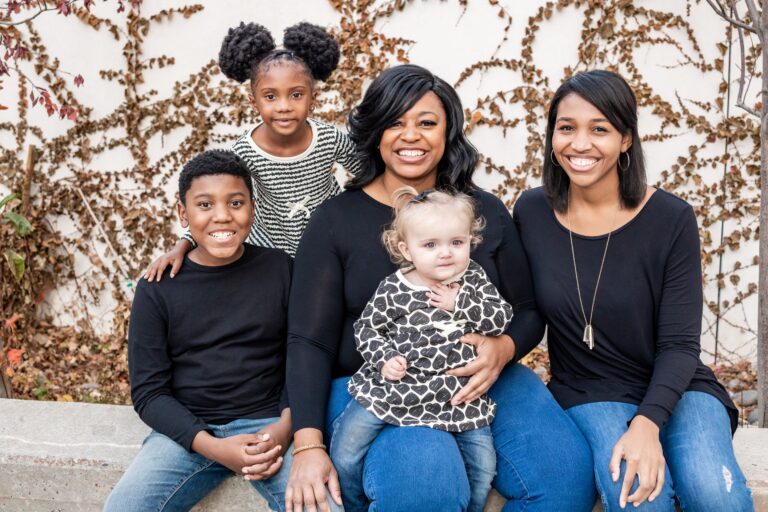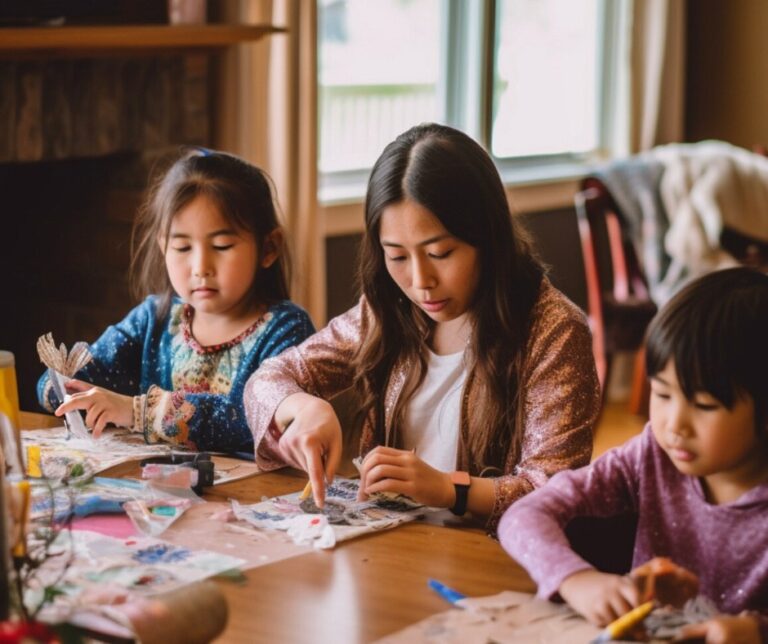
As a foster mom, I receive calls about various children's ages who need a safe home. As an older parent, I have an age range that I prefer- self-sufficient but not mouthy. Usually, between four to ten, they can be very sassy at this age, but we can typically hold a conversation, and they are traditionally potty trained. However, over the last few years, I have welcome home infants, and it has not been like riding a bike!
Here are some tidbits to help jog your memory.
Diapers: Most babies need a diaper change corresponding to their feeding times. The feeding amount will total 6-8 diapers per day or more if your baby is a big pooper. My babies love to poop in fresh, clean diapers; I think they hold it in and wait. Most parents learn to “time” the diaper changes to correspond with meal times. On the other hand, I am not that organized, so when I smell or see a red face, I take my cue that it is diaper changing time.
Diaper rash: Babies have sensitive skin and will get a rash for minor reasons. A rash could be due to a food allergy, too long in a messy diaper, teething, or yeast infections. Talk to your pediatrician to get a recommendation for an over-the-counter remedy or a prescription if the rash is severe.
Growth spurts come as early as ten days after birth and start with a sleepy day and a voracious appetite. When the baby comes home with me, I make sure I stock up on formula. Spurts may appear at 3, 6, and 12 weeks and 4 and 6 months. When your baby is no longer satisfied after feeding, she might be approaching a growth spurt.
Immunizations: you will not hear me say anything against vaccination; too many deadly diseases can be prevented by immunizing your baby. Talk to your pediatrician and caseworker about vaccinations. Almost all of the kids who have come to me were behind or not vaccinated. Any concerns that I might have regarding the bio parents' belief, and the agency's position, I understand that we want healthy babies. A low infant mortality rate has primarily wiped out infant diseases through immunizations.
Pacifiers & thumb sucking: Pacifiers help in so many ways. Babies have a natural sucking sensation, and through therapy, I have learned the value of the pacifier and allowing them to keep it for as long as they need it. It can cause trauma taken away too soon. Pacifiers not only help in-between feedings but enable babies to learn how to self-soothe. Sometimes a baby will need to suck beyond what is typical for feeding; in these cases, an actual pacifier is very useful. There is no “nipple confusion,” as your breast and baby's pacifier feel and taste nothing alike. Babies are intelligent little creatures and can discern between the two easily. Some babies will not take a pacifier but will suck their thumb.



